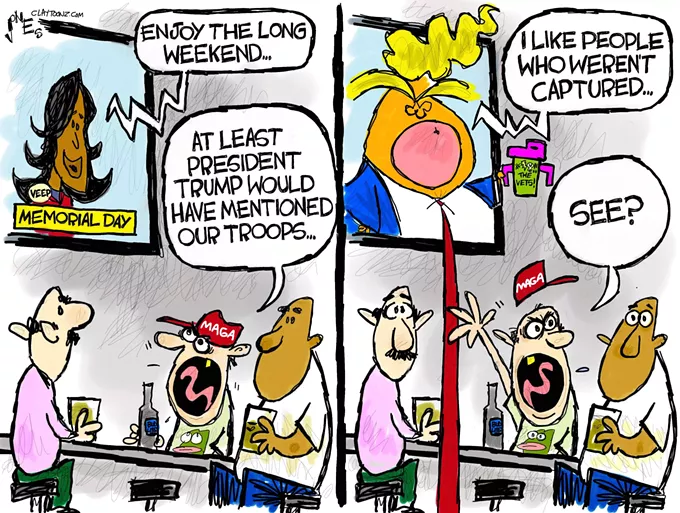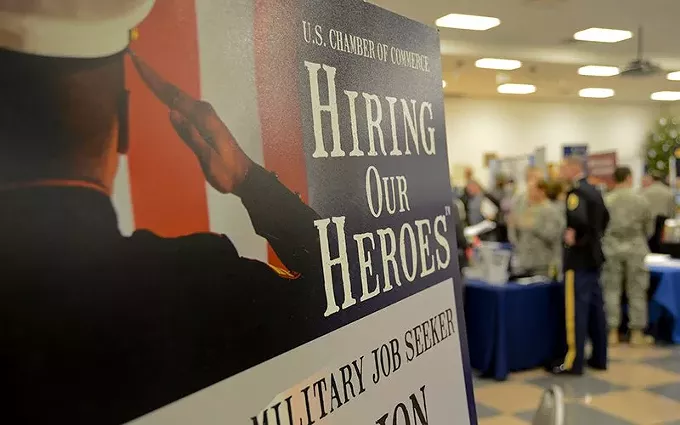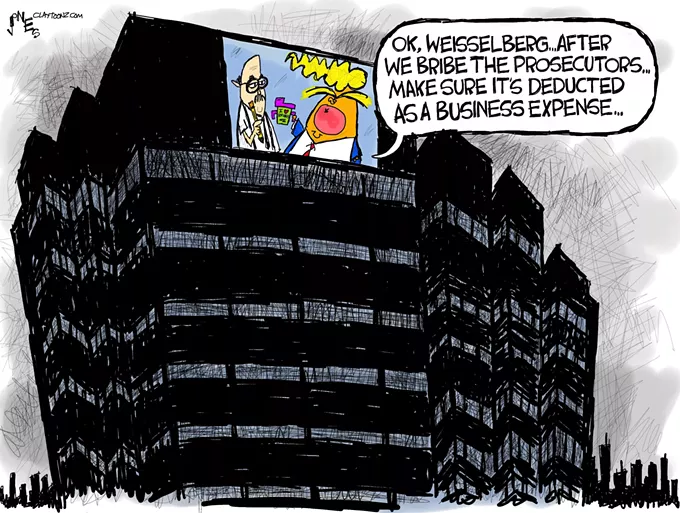Monday, May 31, 2021
Sunday, May 30, 2021
Saturday, May 29, 2021
Friday, May 28, 2021
The City of Tucson plans to reopen 12 pools for recreational swim and adult lap swim from June 3 to Aug. 4.
Admission to City pools will remain free throughout the summer.
For complete information on City pools, visit the Parks and Recreation website.
|
Pool |
Adult Lap Swim |
Recreational Swim |
|
Mon.-Thurs.: noon-7 p.m. Fri.: Closed Sat.: Closed Sun.: noon-7 p.m. |
Mon.-Thurs.: noon-7 p.m. Fri.: Closed Sat.: Closed Sun.: noon-7 p.m. |
|
|
Mon.-Thurs: 11 a.m.-1 p.m. Fri.: Closed Sat.: Closed Sun.: 11 a.m.-6 p.m. |
Mon.-Thurs.: 1-6 p.m. Fri.: Closed Sat.: Closed Sun.: 11 a.m.-6 p.m. |
|
|
Mon.: Closed Tues.-Fri.: 11 a.m.-1 p.m., 4-6 p.m. Sat.: noon-7 p.m. Sun.: Closed |
Mon.: Closed Tues.-Fri.: 1-4 p.m. Sat.: noon-7 p.m. Sun.: Closed |
|
|
Mon.-Thurs.: 11 a.m.-1 p.m., 4-6 p.m. Fri.: Closed Sat.: Closed Sun.: noon-7 p.m. |
Mon.-Thurs.: 1-6 p.m. Fri.: Closed Sat.: Closed Sun.: noon-7 p.m. |
|
|
Edith Ball ARC Recreation Pool |
Mon.-Fri.: 8 a.m.-noon Sat.: Closed Sun.: Closed |
Mon.-Fri.: 8 a.m.-5 p.m. Sat.: Closed Sun.: Closed |
|
Edith Ball ARC Therapy Pool |
|
By Reservation Only Mon.-Fri.: 8 a.m.-5 p.m. Sat.: Closed Sun.: Closed |
|
Mon.-Thurs.: 11 a.m.-1p.m., 4-6 p.m. Fri.: Closed Sat.: Closed Sun.: noon-7 p.m. |
Mon.-Thurs.: 1-6 p.m. Fri.: Closed Sat.: Closed Sun.: noon-7 p.m. |
|
|
|
Mon.: Closed Tues.-Sat.: noon-7 p.m. Sun.: Closed |
|
|
|
Mon.-Thurs.: noon-7 p.m. Fri.: Closed Sat.: Closed Sun.: noon-7 p.m. |
|
|
Mon.: Closed Tues.-Fri.: noon-1 p.m. Sat.: noon-7 p.m. Sun.: Closed |
Mon.: Closed Tues.-Fri.: 1-7 p.m. Sat.: noon-7 p.m. Sun.: Closed |
|
|
Mon.: Closed Tues.-Sat.: noon-7 p.m. Sun.: Closed |
Mon.: Closed Tues.-Sat.: noon-7 p.m. Sun.: Closed |
|
|
Mon.: Closed Tues.-Fri.: 11 a.m.-1 p.m. Sat.: noon-7 p.m. Sun.: Closed |
Mon.: Closed Tues.-Fri.: 1-6 p.m. Sat.: noon-7 p.m. Sun.: Closed |
|
|
Mon.: Closed Tues.-Fri.: 11 a.m.-1 p.m. Sat.: noon-7 p.m. Sun.: Closed |
Mon.: Closed Tues.-Fri.: 1-6 p.m. Sat.: noon-7 p.m. Sun.: Closed |
A University of Arizona economics professor said taxing carbon emissions would help solve the significant challenges that climate change poses to U.S. and world economies.
Dr. Derek Lemoine, associate professor of economics at the UA Eller College of Management, presented his research at the 2021 Breakfast With the Economists on Thursday.
Climate as a distribution of weather, which we “live through and experience,” matters for the economy, Lemoine said.
Lemoine discussed rising carbon emissions, saying “we are really restoring carbon conditions from way before even pre-humans ever existed, like we're really taking the planet pretty far back.” By 2050, carbon dioxide could reach levels unseen in 50 million years, he said.
Increasing carbon emissions increases global temperatures. In the early 1900s, Tucson months were cooler than the 20th-century average, and by the early 21st century, more months were warmer than the 20th-century average, according to data from the National Weather Service of Tucson.
Lemoine connected increases in temperature to things that affect humans: mortality, corn yields, electricity use, labor supply and even math scores.
Data from India and Italy showed that extreme heat correlated with an increase in mortality. Corn yields also suffered in extreme heat, he said, and the data has been replicated for other crops around the world. Although not clear as to why, he said minutes of labor per day fall as temperatures increase.
“I don't entirely understand what the channel is but it does seem to be true that productivity does fall in both extreme cold and extreme heat, and that has important implications for the economy as productivity growth is one of the main sources of economic growth in the medium and long run,” he said.
Truly understanding the impact of climate change on the economy means tracking how people are affected not in the short term by weather, but in the long run by permanent changes in climate.
“This is the economics of it. People react differently when things are happening over and over and when they expect them to happen over and over, and that's what we call adaptation,” said Lemoine.
He explained how Arizona residents install air-conditioning, thus adapting to expected high temperatures or after experiencing hot temperatures over time.
“Both of these are relevant to climate change, and both make climate differ from like the one-off kind of weather shocks we've been looking at, because people are going to live with hot weather over and over and over and over with climate change, and it's going to be hot over and over and over with climate change,” said Lemoine. “It’ll drive longer run investments than what you might see otherwise.”
Lemoine finds adaptation actually increases long‐run costs in U.S. agriculture when farmers adapt by using scarce resources.
WASHINGTON – An employment program for veterans that began in the days after 9/11 paid off last year when the COVID-19 pandemic rattled employment for vets in the state and across the country, an advocate told House lawmakers Wednesday.
“Communities in Arizona are no different than communities across the United States. We have seen the significant impact of the pandemic on service members, veterans and their families,” said Thomas Winkel, director of the Arizona Coalition for Military Families.
What is different in Arizona, Winkel said, is that public and private organizations have been working together for years now to establish “a robust and sustainable effort to assist veterans with securing meaningful employment.”
Winkel was part of a panel testifying at a House Veterans’ Affairs Committee hearing on veteran employment during the pandemic.
Like all other sectors, veteran unemployment rose sharply in 2020 – although it continued to be lower than jobless for the general population nationally. But witnesses said there is still room for improvement in government programs that are supposed to help soldiers transition from military to civilian life.
Chris Thorne, co-chair of the Military Affairs Advisory Council at the North San Diego Business Chamber, said employers are eager to hire vets, but that too often the transition process “does not adequately prepare transitioning service members for what comes next.”
“To put it quite simply, transitioning service members are walking into a foreign culture that speaks different languages, acts different ways and values different outcomes,” Thorne said in his written testimony. It’s not enough to merely identify a job that requires a skill set learned in the military, he said.














